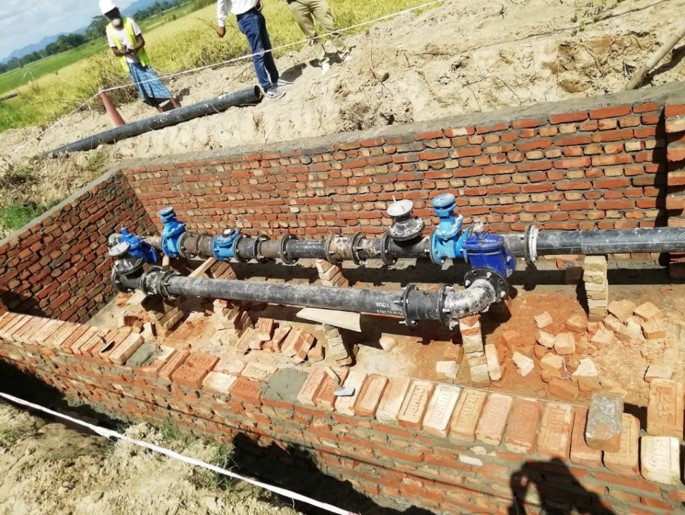
- This event has passed.
IWS Presentation – The Inequity of Intermittent Water Supply: Exploring Water Access in Lahan, Nepal
IWS Presentation
The Inequity of Intermittent Water Supply: Exploring Water Access in Lahan, Nepal
Friday, August 16 at 9:30 a.m. MB500, Mining Building
Speaker: Matthew MacRorie, PhD Research Student
Water Infrastructure and Resilience (WIRe) CDT
Dept of Civil and Structural Engineering, University of Sheffield
Abstract:
Intermittent Water Supply (IWS) leads to unequal distribution of water across a piped network and forces households to employ adaptation strategies such as storing water. Despite its widespread prevalence, there is scarce data quantifying how households withdraw water from IWS networks. Working alongside The Beacon Project (a collaboration between WaterAid and Anglian Water), this PhD project has studied an IWS network in Lahan, Nepal. High-granularity household water withdrawal data was collected alongside network and household characteristics. The data has enabled new understanding into the relationships between the network and household practices. The results highlight the complexity of the system and the interdependencies between water withdrawal and piped water distribution. It is argued that to understand inequity of water access under IWS conditions, both the network and household characteristics must be understood. These relationships have several implications for modelling IWS systems and evaluating optimal interventions to improve water access for all.
 BIO
BIO
Matt MacRorie is a PhD student researching Intermittent Water Supply systems at the University of Sheffield, UK. He is part of the Water Infrastructure and Resilience Centre for Doctoral Training (WIRe CDT). His research investigates the inequity of water access under intermittent conditions, particularly how this relates to unequal water supply and unequal coping ability. In collaboration with WaterAid and Anglian Water, his research has focussed on Lahan, Nepal as part of a wider mission to improve the water and sanitation of Nepal. Ultimately, his research aims to enable improved management tools for water network operators to deliver better water access for all.